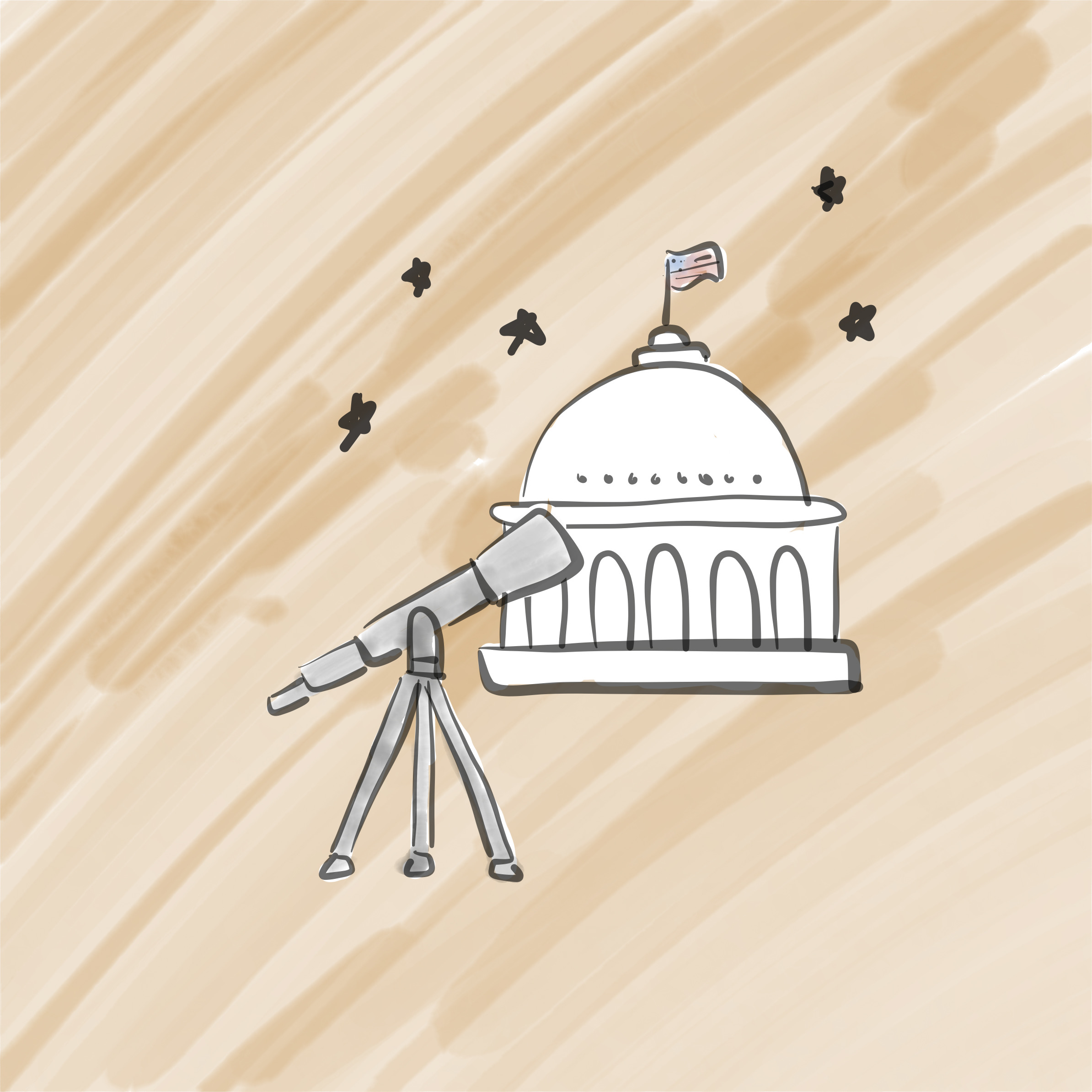More information about courses and lectures I taught about policy and nuclear security in my teaching page.

Stanton Nuclear Security Fellowship
I was a Stanton Nuclear Security Fellow at the Stanford Center for International Security and Cooperation in 2023-20224. During my year there, I started research into how to prevent the weaponization of research in the physical sciences by flagging dual-purpose risk.CISAC PAGE CISAC NEWS STANTON FELLOWSHIP

Lecture Series: Science Policy for Scientists
In the Spring of 2023, I helped organizing and running a lecture series targeting science graduate students at Columbia University to educate them about an array of science policy topics and potential careers in the field. Every Monday, we had speakers who came from accross the country to talk about local, environmental, immigration and nuclear policy as well as how the government sets a budget for science, how to promote diversity and equity initiatives in STEM, and how to get started in policy careers as a scientist. They talked about their own projects and career paths as well as about potential opportunities in their fields.SERIES WEBSITE SERIES FLYER


Next-Generation Fellowship
I was one of the four 2021 fellows of the Physicists Coalition's Next-Generation Fellowship, a program initially supported by the American Physical Society and the Princeton Science and Global Security Program to train early-career scientists in nuclear threat reduction policy. As part of the program, I worked under Dr. Zia Mian's guidance on a project about Brazilian Nuclear Policy and its relationship to the Treaty on the Prohibition of Nuclear Weapons, signed in 2017. Under this fellowship I had access to training opportunities in policymaking, including lobbying initiatives, workshops and a summer school at Princeton. I also received a small seed funding to further my training in nuclear security and develop a bilingual educational platform about nuclear policy that I'm currently working on.BULLETIN ARTICLE FELLOWSHIP WEBSITE APS NEWS (2021) APS NEWS (2022)